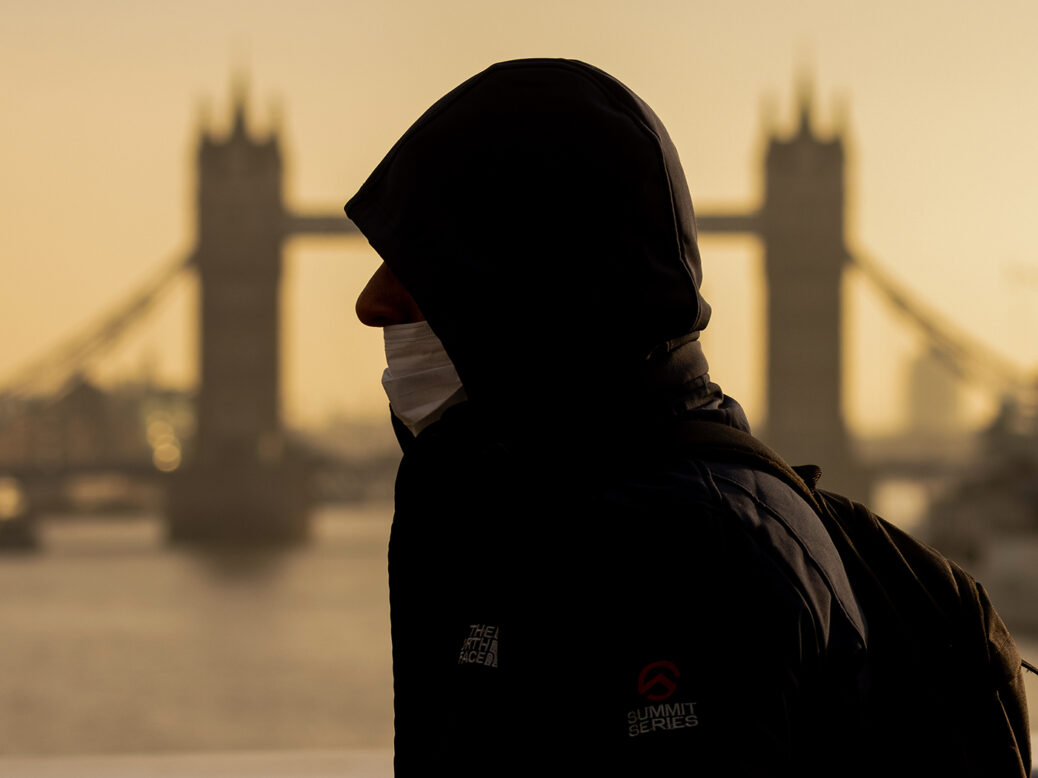
All the evidence on Omicron points one way: that the worst has already happened in England. Whatever happens in hospitals, schools and wider society in the next few weeks, it will be Peak Omicron in terms of the new variant’s impact on the ability of supply chains, schools and healthcare capacity to function. What we don’t know is what “the worst” looks like.
Businesses and public services both report that they are facing large numbers of absences due to people testing positive for Covid. One oddity of the government’s approach is that, in England, it is loosely pursuing most non-pharmaceutical interventions to curb the spread of the coronavirus, but a restrictive one as far as self-isolation is concerned. Ministers are, thus far, dismissive of the approach that South Africa briefly took in ending self-isolation for asymptomatic cases.
But if you have large numbers of people being required to self-isolate without restrictions on movement (or adequate compensation for businesses or households for absence) then you inevitably have either a situation in which organisations can’t function because they have staff self-isolating at home despite being asymptomatic (which appears to be a problem in parts of the public sector), or you have organisations that are functioning only because employers are coercing workers into coming in even when they are sick and testing positive (which appears to be a problem in parts of both the public and private sector).
In some ways it exposes the strange way we often think about the novel coronavirus: is it “fine” if people merely wait as long for an ambulance in January 2022 as they did in January 2019? Are we “living with Covid-19” if the chances of picking it up when you go into hospital with a broken leg are “only” about as bad as your chances of catching MRSA? Is it a “return to normal” if people at the bottom of the labour market are having to work when they’re ill with Covid-19 just as they are forced in with so many new illnesses? One problem with the fact that England’s new approach to coronavirus is as much a product of Boris Johnson’s political weakness as it is a deliberate strategy, is that the government is not really thinking about how to live with Covid long-term: it is, instead, like the rest of us, waiting and hoping.



